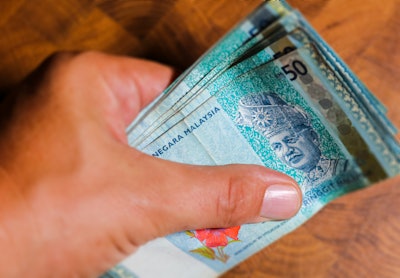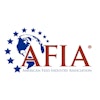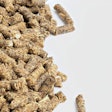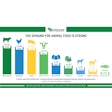
The Malaysia Competition Commission (MyCC) has fined five chicken feed manufacturers for the “formation of a price-fixing cartel for poultry feed.”
The five companies – Leong Hup Feedmill Malaysia Sdn. Bhd. (Leong Hup), FFM Berhad (FFM), Gold Coin Feedmills (Malaysia) Sdn. Bhd. (Gold Coin), Dindings Poultry Development Centre Sdn. Bhd. (Dindings Poultry), and PK Agro-Industrial Products (M) Sdn. Bhd. (PK Agro) – were fined a total of MYR415 million (US$89.6 million) after an investigation which began in 2021.
MyCC said it had suspected the five enterprises had engaged in price-fixing agreements, and conducted an extensive investigation between November 2021 and June 2022. In February 2022, it formed a special task force to investigate competition-related issues in the chicken and egg industry. Throughout the investigation, MyCC said it carried out raids, took statements, requested information and conducted in-depth analysis of relevant data that it had gathered.
WhatsApp conversations and call logs recovered during the investigation correlated significantly with the dates of the price announcements, MyCC said.
“This correlation strengthens the case for a connection between communication practices and pricing decisions. The alignment between communication records and the increase of poultry feed prices suggests a deliberate effort to synchronize their actions, compromising the competition within the chicken poultry feed market,” a statement from MyCC said.
MyCC said its investigation discovered distortion in the poultry feed market, with evidence of “identical increment” in the increase of poultry feed prices among the companies between January 2020 and June 2022.
“It was later discovered that a calculated strategy employed by the enterprises to create the illusion of rising poultry feed costs due to increased raw material expenses,” MyCC said. “Adding to the complexity, despite variations in the composition of main ingredients, such as soybean and maize, used in each enterprise's poultry feed formula, the enterprises implemented identical quantum increases in prices simultaneously although the unique formulations should naturally result in distinct cost structures for each enterprise for the determination of price. This deliberate collective alignment in price increment, considering the differences in raw material composition, raises further concerns about the concerted practices by these enterprises.”
MyCC said it also identified several instances where the cost of the raw materials had decreased but, despite this decline, the enterprises still opted to increase their poultry feed prices at the same level.
“This recurring patterns strongly substantiate the existence of price fixing practices by the enterprises,” MyCC said.
In addition to financial penalties imposed, MyCC also ordered the companies involved to cease participation in the poultry feed cartel, submit monthly poultry feed price increases and decreases, and to include a provision in their respective codes of conduct recognizing involvement in competition law infringements as misconduct.
Specifically, FFM, Gold Coin and Dindings were ordered to enhance their competition law compliance training program and enroll employees and board members for the program, and PK Agro and Leong Hup were ordered to enroll employees and board members in a competition law compliance program.
“Cartel is a supreme evil in competition law and a form of economic sabotage at the highest level, more so in a public interest case,” said MyCC CEO Iskandar Ismail. “MyCC has been tasked by the government to eradicate cartels and we will continue to do so without fear or favor. As we have intimated before, we are still monitoring the chicken industry since the recent government decision to discontinue subsidies and price control on chicken. We hope the lesson learned from this case will be a deterrent to all, in particular, cartels-to-be.”













